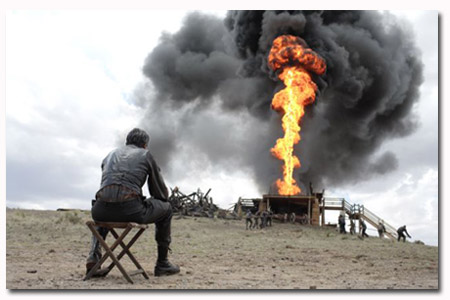“Every possible encouragement should be given to privateering in time of war.” -Thomas Jefferson
*****
Now this is ridiculous. Yet again, my solution to this is simple. The Mexican government should issue Letters of Marque and Reprisal to companies, both foreign and domestic, and give them the legal authority to destroy the cartels and get a percentage of what these animals own. You create a free market based killing mechanism, and allow it to do it’s thing, and I guarantee you will see these vile organizations dry up.
They are a threat to Mexico and to the free world, and I just don’t see the current drug war strategy working out too well. Actually, it is a dismal failure, and we are witnessing how bad it really is. I say diversify, and allow private industry to help, much like how private industry helped out my country during the Revolutionary War and the War of 1812.
Thomas Jefferson, one of the founding fathers of my country, was a smart man. His quote about privateering rings true today, as it did several hundred years ago. I owe the survival of my country, in part, to the concept of privateering. So there must be something there, and especially if it was written into my country’s constitution. Too bad that weapon of warfare just sits over the mantel and collects dust like some old rifle from a war long ago.-Matt
——————————————————————-
Mexico’s drug cartels siphon liquid gold
Bold theft of $1 billion in oil, resold in U.S., has dealt a major blow to the treasury
By Steve Fainaru and William BoothSunday, December 13, 2009
MALTRATA, MEXICO — Drug traffickers employing high-tech drills, miles of rubber hose and a fleet of stolen tanker trucks have siphoned more than $1 billion worth of oil from Mexico’s pipelines over the past two years, in a vast and audacious conspiracy that is bleeding the national treasury, according to U.S. and Mexican law enforcement officials and the state-run oil company.
Using sophisticated smuggling networks, the traffickers have transported a portion of the pilfered petroleum across the border to sell to U.S. companies, some of which knew that it was stolen, according to court documents and interviews with American officials involved in an expanding investigation of oil services firms in Texas.
The widespread theft of Mexico’s most vital national resource by criminal organizations represents a costly new front in President Felipe Calderón’s war against the drug cartels, and it shows how the traffickers are rapidly evolving from traditional narcotics smuggling to activities as diverse as oil theft, transport and sales.
Oil theft has been a persistent problem for the state-run Petroleos Mexicanos, or Pemex, but the robbery increased sharply after Calderón launched his war against the cartels shortly after taking office in December 2006. The drug war has claimed more than 16,000 lives and has led the cartels, which rely on drug trafficking for most of their revenue, to branch out into other illegal activities.
